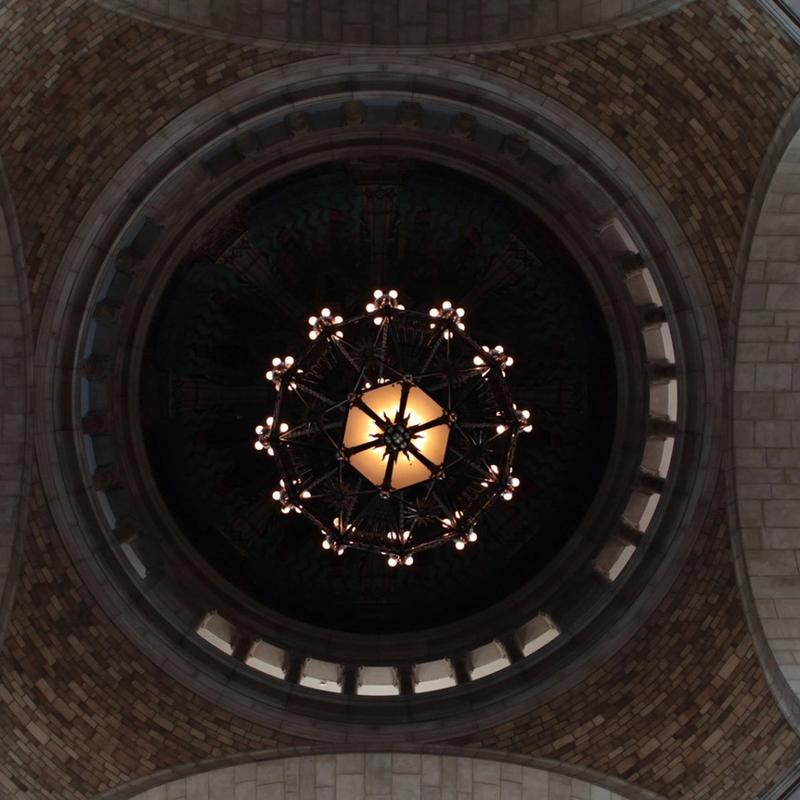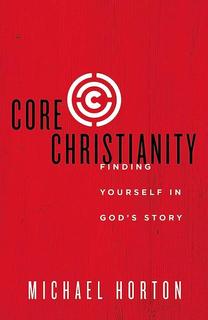Peter noted that Paul’s letters “contain some things that are hard to understand, which ignorant and unstable people distort, as they do the other Scriptures, to their own destruction” (2 Pt 3:16). It is not that the Bible, for its many pages, is unclear, nor that its writers are contradictory, but that it contains difficult passages, which lend themselves easily to distortion based on ignorance and instability. For nearly two millennia, creeds, confessions, and catechisms have provided the necessary constraints against ignorance and instability.
“I just believe the Bible” is no defense against cults, superstitions, apostasy, and heresy, since nearly every sect for the last two thousand years has claimed the Bible for support. The answer is not to make the church’s teachers infallible interpreters of Scripture. Nor to ignore the church’s teachers, but to have the humility to recognize that “iron sharpens iron” and that it takes the wisdom and insight of many interpreters over many centuries to help us to see our blind spots. Only a fool would ignore the accumulated wisdom of nearly twenty centuries.
Are the creeds infallible? No, but the universal confession of the whole church since its beginning, despite other divisions, is that the Bible clearly teaches that the affirmations we find in the Apostles’, Nicene, Chalcedonian, and Athanasian creeds are essential for our salvation.
Protestants, Catholics, and Orthodox believers are united in their commitment to these essentials. They are not true because the church says so; the church says so because they are true. The tradition of calling the universal church for a council began among the apostles themselves, with the Council of Jerusalem, to combat the Judaizing heresy.
While councils may err and have erred to the point of even contradicting each other in the middle ages, the early ecumenical councils carry the assent of all Christians everywhere and have right up to the present. Why should we tolerate as shepherds among us anyone whose teaching fails to conform to the clear consensus of the whole Christian church from its earliest days?
The Reformation doctrine of sola scriptura did not mean that each individual interprets the Bible for himself. “For that would mean,” said Luther, “that each man would go to hell in his own way.” Rather, the Reformation included the whole church, the laity as well as the clergy, in the discussion.
Confessions and catechisms represent the common voice of the whole congregation, not just the dictates of a religious elite. The Reformation ideal, and the biblical ideal, is to learn the Scriptures together, as a church, and not by oneself. If the imagination is an idol-factory, then surely individualism is the gristmill of heresy.
Creeds are the constraint for maintaining a “catholic” interpretation of Scripture, which is shared by Protestants, Rome, and Orthodoxy. Our Reformation confessions keep our interpretations within the parameters of “evangelical” soundness, and our catechisms instruct us in the truths that have received assent from our particular churches.
If one denies a fundamental “catholic” tenet, as the church has witnessed to it in the creeds, that person is not a Christian, but a heretic. If one denies a fundamental “evangelical” tenet, as the church has witnessed to it in the Reformation confessions, the line separating error from heresy becomes a bit more difficult to discern, but a formal denial of the cardinal doctrine of evangelicalism-justification by grace alone through faith alone, is surely a fatal denial of the gospel.
Lutherans and Calvinists may disagree with each other over important matters, but where they agree, that agreement defines the doctrinal parameters of “evangelical” Christianity. By defending these, we are in fact defending Scripture, and by employing them once more in our churches, we will be following Paul’s counsel to Timothy to withstand those in every age who seek to gather teachers to tickle their ears and lead them from the truth they have known since they were children.
May God preserve us from witch-hunts and from being bewitched. May we see a new crop of Athanasian heroes to stand against the world, for the world and its salvation.
Adapted from Michael S. Horton, “All About Heresy” Modern Reformation, Jan/Feb 1994. Used by permission.






